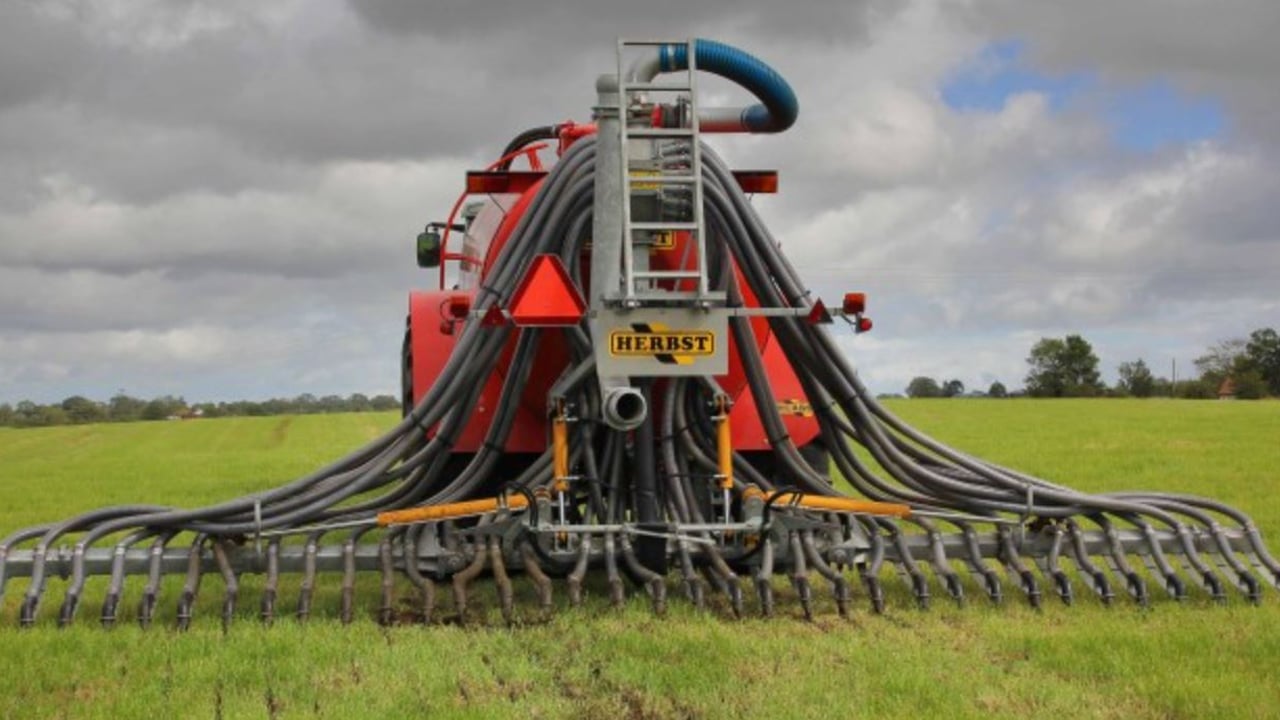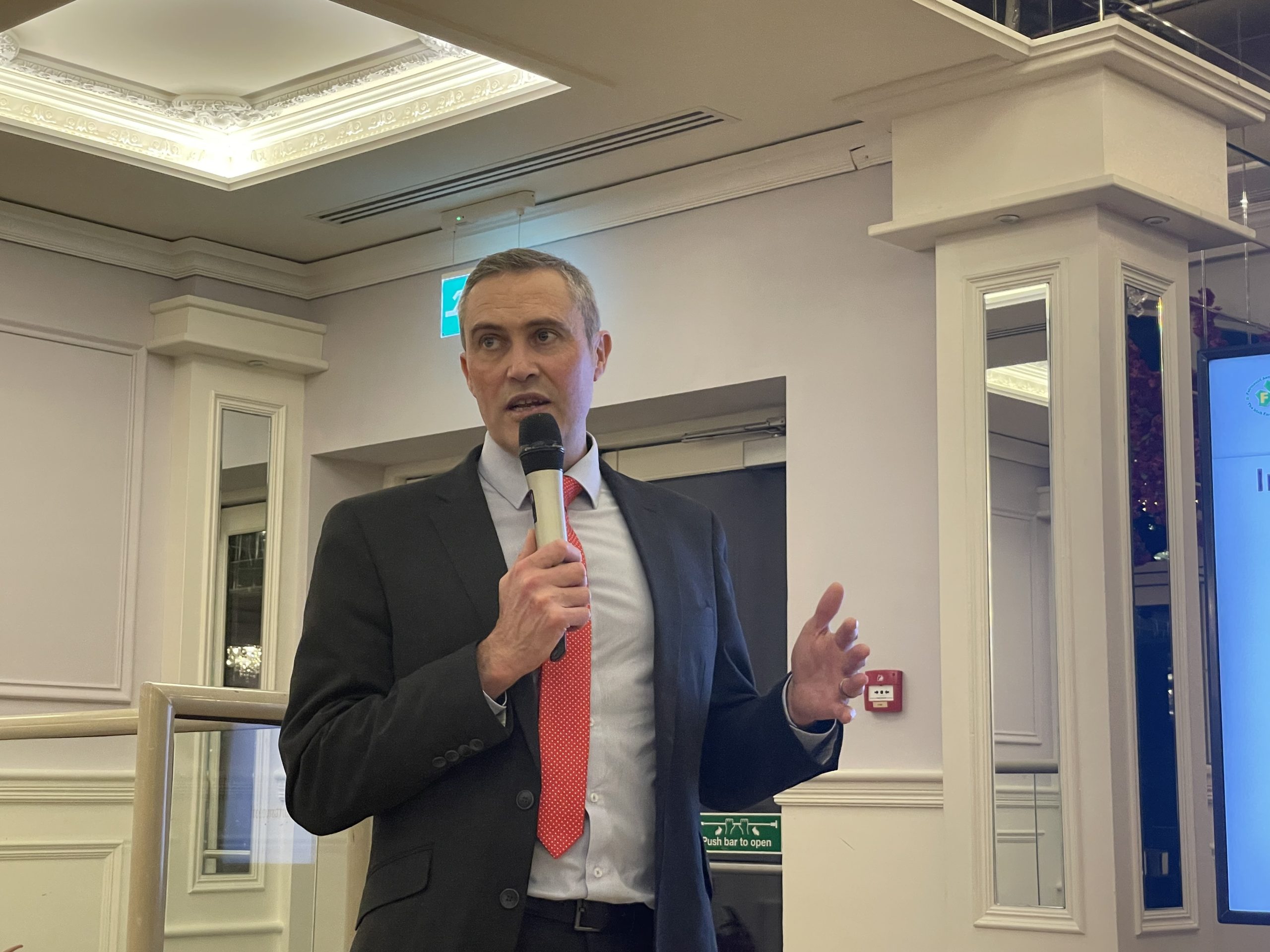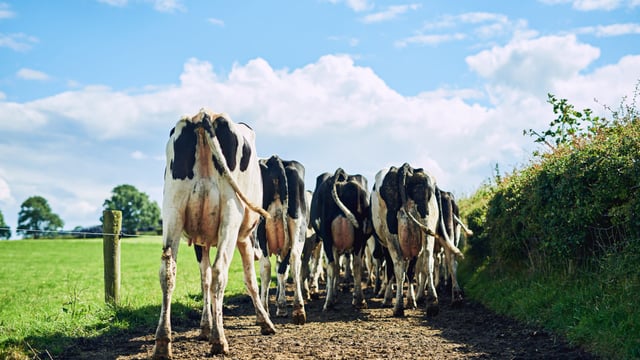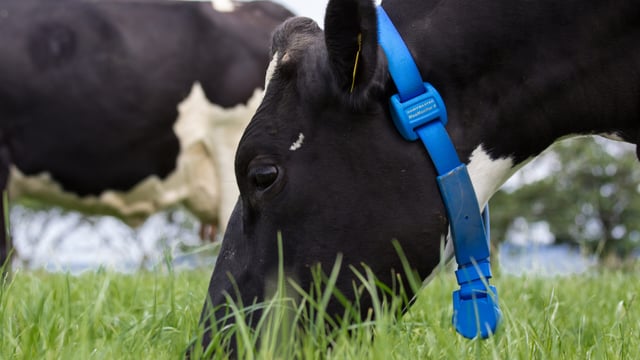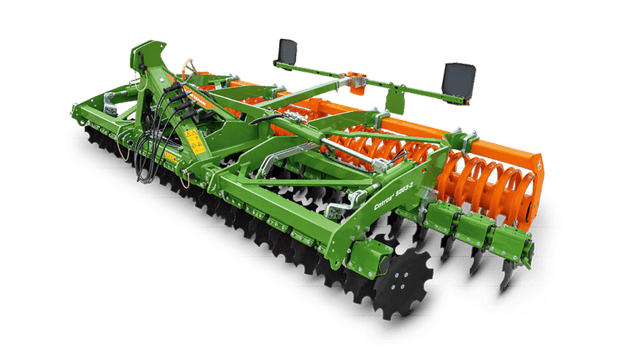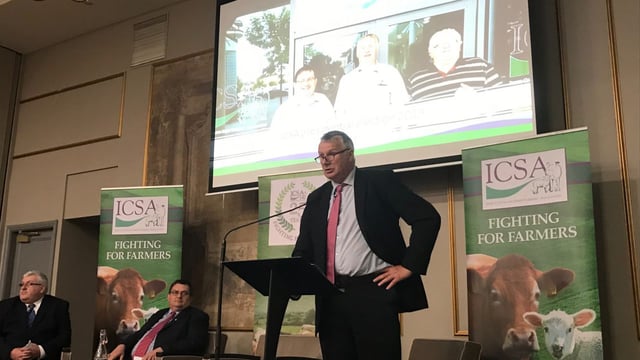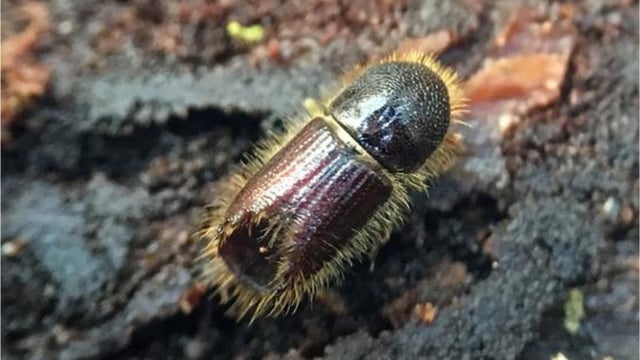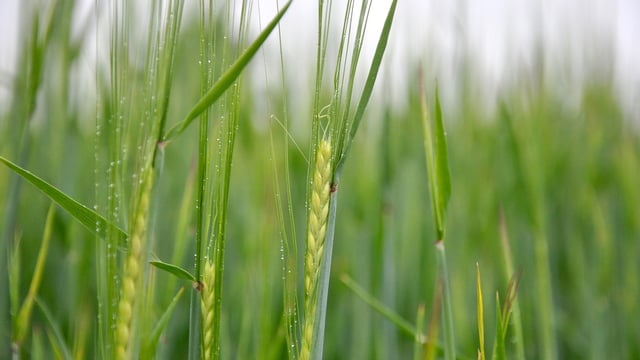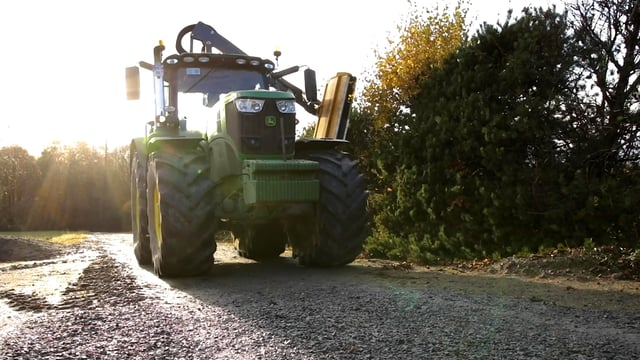Limerick meeting told LESS issue 'affecting lives and livelihoods'
The Irish Farmers' Association (IFA) has said that it is working on possible solutions relating to the use of low emission slurry spreading (LESS) for low stocked farmers.
From January 1, 2025 more farmers were prohibited from using splash plates to spread slurry on their farms under the Good Agricultural Practice for Protection of Waters Regulations.
The purpose of these regulations is to give effect to Ireland’s Nitrates Action Programme (NAP) which aims to protect water against pollution caused by nitrates from agricultural sources.
This change means that LESS must be used for the application of slurry on farms with stocking rates of 100kg of nitrogen (N) per hectare from grazing livestock manure or above, prior to export of livestock manure from the holding from the start of this year.
However, farmers have raised major concerns and believe that enforcing the use of heavier LESS equipment poses a health and safety risk when it comes to spreading slurry on hilly areas.
LESS
At the Limerick IFA annual general meeting (AGM) in Adare last night (Wednesday, February 12), the issue was raised by a concerned farmer.
He asked the IFA director of policy Tadgh Buckley what the association could do in relation to LESS for less intensive farmers or farmers on marginalised land.
"It's a very serious issue affecting lives and livelihoods if it continues as it is. We need some form of a solution for it," the farmer said.
In response, Tadgh Buckley said that the IFA has "done a lot of work" on this issue.
"What we're trying to find is a solution that we can bring to the minister that we can get him to agree to that will still make sure that we are contributing to reducing ammonia emissions," he said.
Buckley said that the IFA is exploring two proposals and is currently engaging with Minister for Agriculture, Food and Marine, Martin Heydon.
He said that the first proposal relates to the acidification of slurry and how this could reduce ammonia for low stocked farmers.
The second proposal focuses on the Moscha swivel plate method of spreading slurry.
"The challenge we have with that is we are trying to get independent research that we can use that can show the authorities that it reduces ammonia," Buckley said.
He said this is the IFA's way of solving the challenge facing these farmers of having to either employ a contractor or change their slurry tank, and often their tractor too.
"That's what we're trying to do to try to find a solution, to see can we find a way out that minimises the impact for farmers that are relatively lowly stocked," Buckley added.

